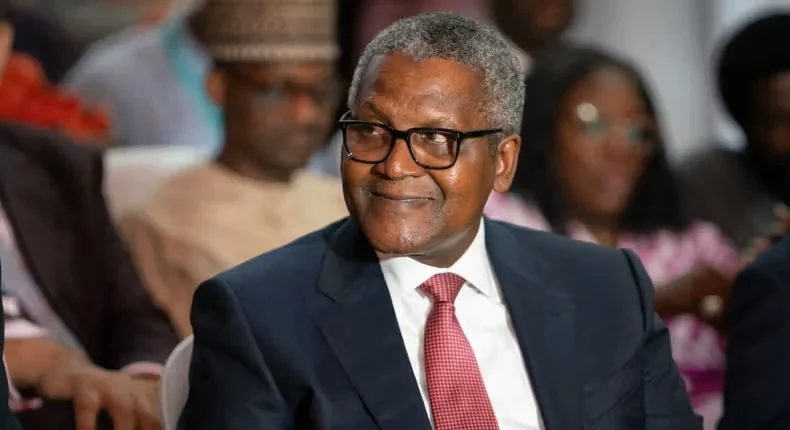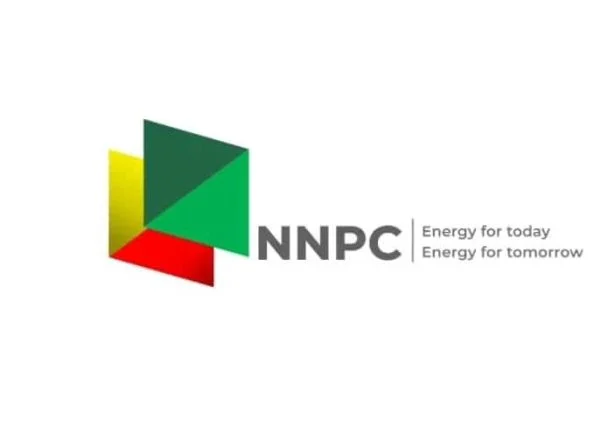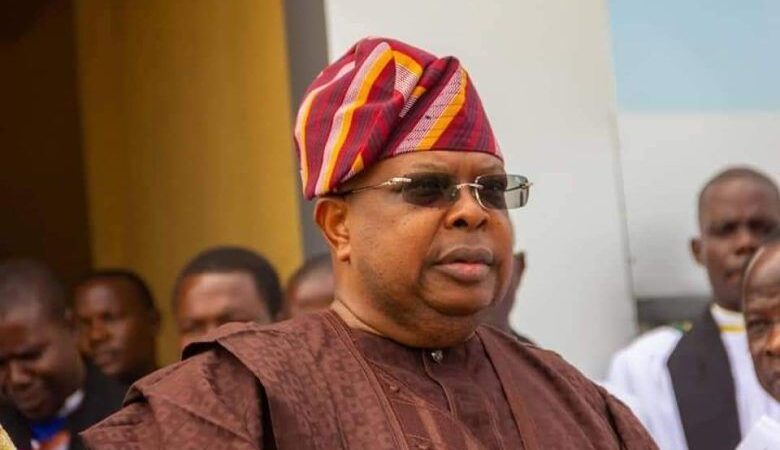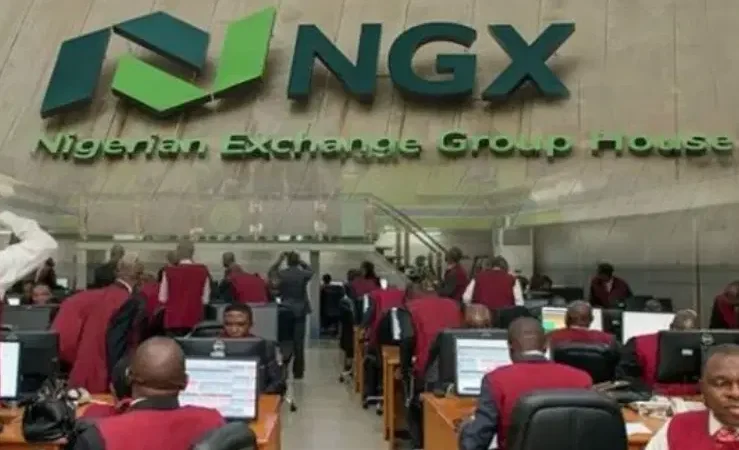MAN Advocates For ‘Proudly Nigeria Day’ to Boost Local Consumption
 The Manufacturers Association of Nigeria (MAN) has reiterate its call for the Federal Government to designate an annual “Proudly Nigeria Day.”
The Manufacturers Association of Nigeria (MAN) has reiterate its call for the Federal Government to designate an annual “Proudly Nigeria Day.”
President of MAN, Otunba Francis Meshioye OFR giving more perspective to this demand at the opening ceremony of the MAN 53rd Annual General Meeting Tuesday in Lagos said “On this Day, all citizens, especially public officials, should wear, use, and consume only Made-in-Nigeria products.
“Let it be a day of national economic reflection, one that fosters behavioural change and renews national pride. Over time, such a tradition will strengthen consumer awareness and shift cultural perceptions in favour of local products.”
Speaking further on the theme of the AGM “Nigeria First: Prioritizing Patronage of Made-in-Nigeria” Meshioye said the “Nigeria First” agenda is not about closing the doors to the world; it is about opening the right doors to Nigerian-made solutions, Nigerian jobs, and Nigerian ingenuity.
“Every industrialised country in the world today began its journey by nurturing local content and leveraging public and private procurement as an avenue for galvanising scale production and economic development. Nigeria must not go the opposite direction.
“As a matter of urgency, we must institutionalise mechanisms that prioritise Made-in-Nigeria products in government contracts, public spending, and private-sector procurement. Existing Executive Orders—including 003 and 005—must be aligned with the Nigeria First Policy and fully implemented, enforced and monitored. Quite importantly, there must be consequences for non-compliance. We should eliminate the prevalence of selective compliance. Now is the time to create the policy framework for transitioning the Nigeria First Policy from executive pronouncements to legislative imperative and ultimately to unfettered and bold implementation. We cannot continue to allow policy inertia to undermine our development potential,” he said.
Meshioye pointed out that “Beyond policy enforcement, we must also establish a functional, independent compliance agency or institution tasked with auditing patronage levels, recommending corrective action, and publicly disclosing performance across Ministries, Departments and Agencies of government. Let it be known which institutions are genuinely driving local economic empowerment and those that are not. And we should take evident and far reaching corrective and disciplinary measures against the latter. Only then can we truly align government spending with our industrial policy goals.
“Additionally, we have intensified the conversation within! Corporate Nigeria also has a responsibility to align with the “Nigeria First” vision of Mr. President. Multinationals, conglomerates, and large procurement organisations must look within for raw materials, packaging, and inputs. Many of these are already produced locally to global standards and should not be overlooked due to legacy procurement practices or cost assumptions that no longer hold true when long-term economic value is properly considered.”
The MAN President noted that for “Nigeria First” to succeed, supply must meet demand. And for supply to be competitive, the operating environment must improve.
“Let us be clear that manufacturers in Nigeria operate under a tough business environment. Energy costs remain astronomically high. Access to credit is constrained by rising interest rates and limited long-term finance. Infrastructure gaps persist, particularly in logistics and transportation. Insecurity continues to inhibit progressive business planning and operations. In general and despite the onset of relative stability, a lot still needs to be done to overcome macroeconomic headwinds. We must take intentional action to overcome these binding constraints and promote an environment that solves for planning and competitiveness.”
He said MAN is deepening its engagement with the government to shape reforms in infrastructure development, tax policy, industrial financing, and trade facilitation.
“We are expanding our research capacity to better inform advocacy. We are also investing in partnerships that will enable technology upgrade, skills development, and regional market access under the African Continental Free Trade Area (AfCFTA).
“But all our efforts will count for little if the demand side is not unlocked. A truly transformative industrial policy is in the offing and its diligent implementation should support a national demand plan—one that maps out where procurement opportunities exist and how Nigerian manufacturers can be integrated into the demand chains. We must be intentional, just as China is with the Made-in-China 2025; just as India is with the Atmanirbhar Bharat, and just as every successful industrial nation has been,” Meshioye advised.







